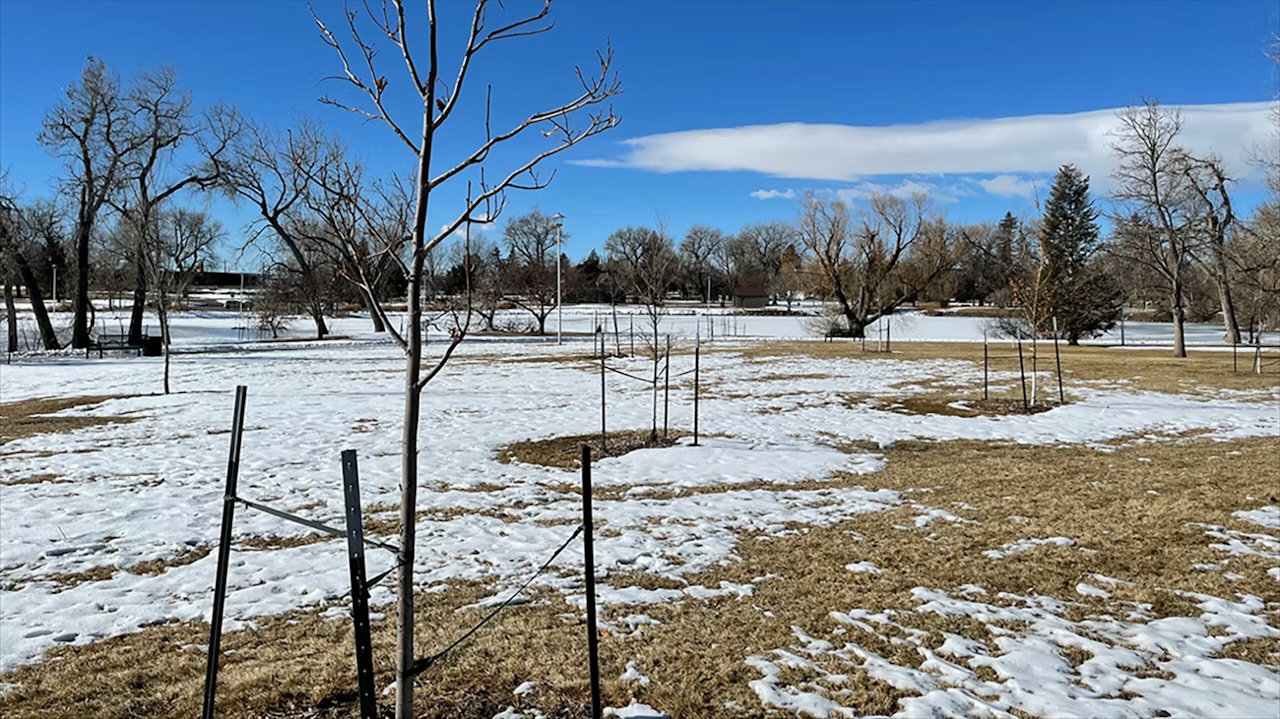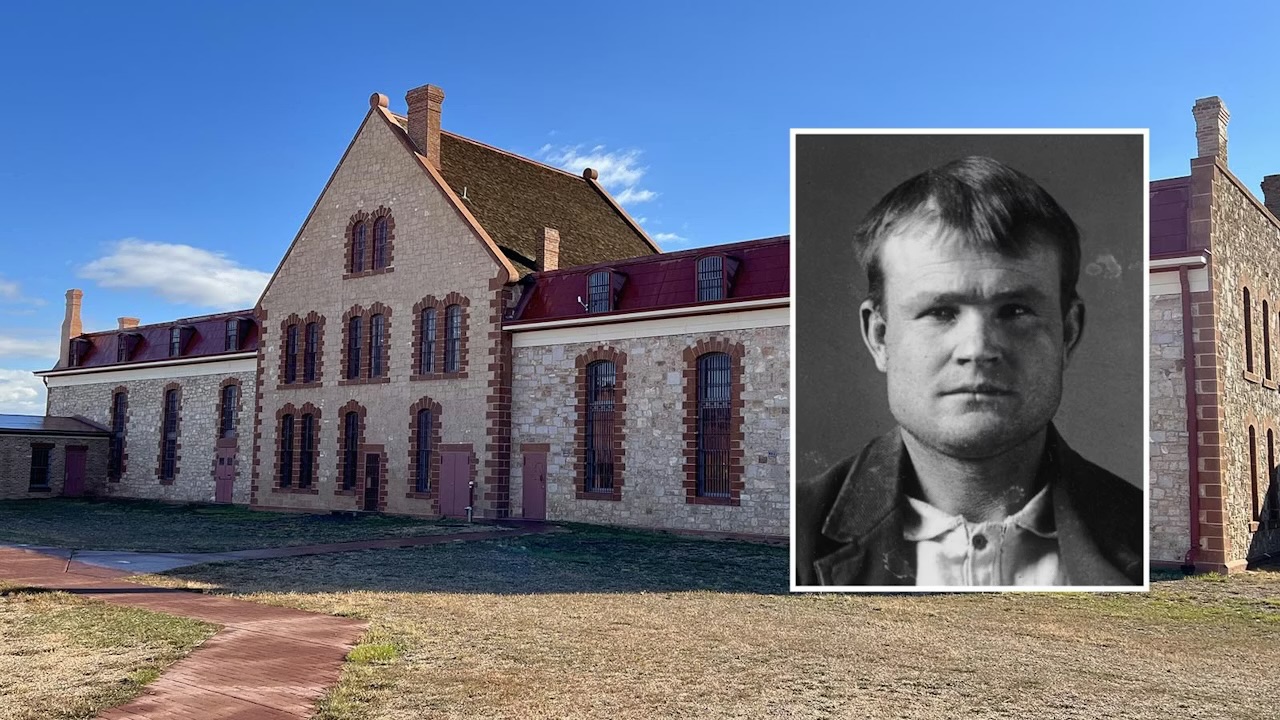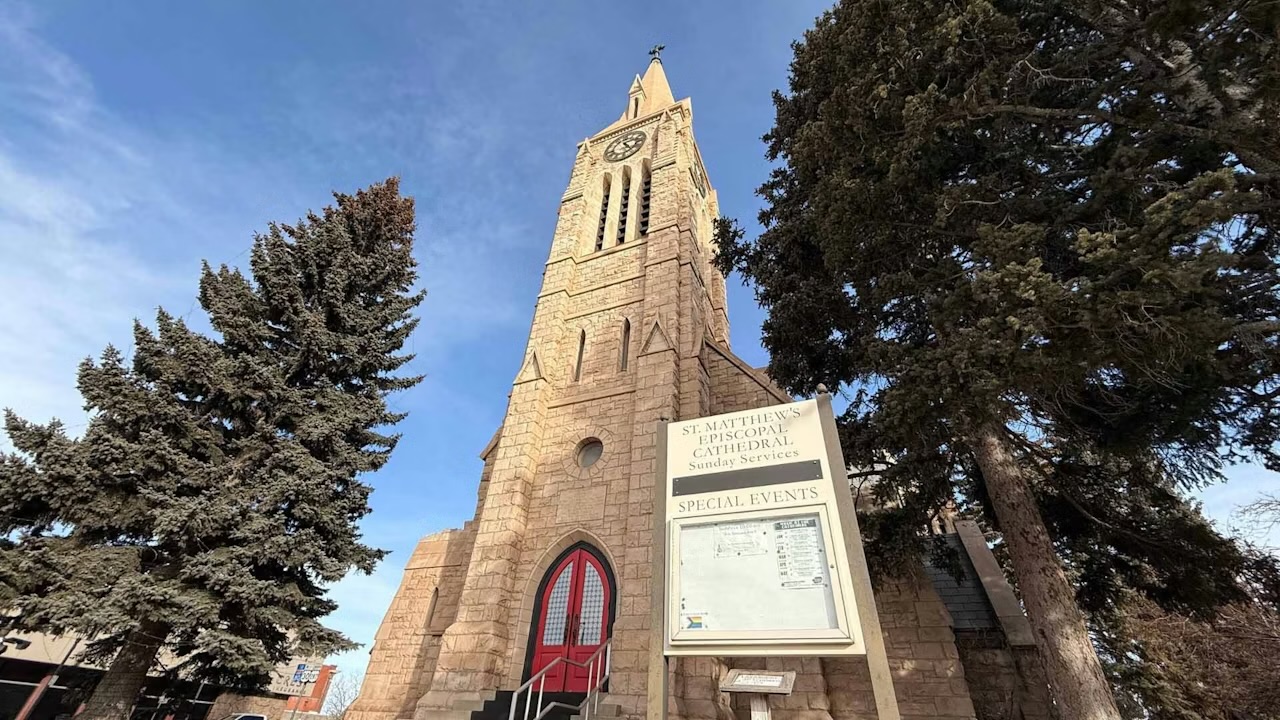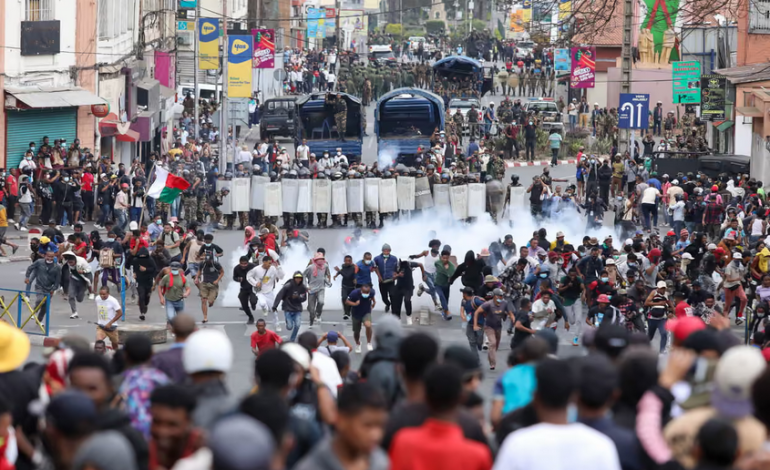Madagascar’s youth are not backing down. Days after President Andry Rajoelina dissolved his government, Gen Z protesters say the move is cosmetic and they’ll stay in the streets until he resigns and a deeper reset begins.
The unrest, which erupted on September 25 after local councillors were arrested for demonstrating against rolling power cuts and dry taps in Antananarivo, has spiraled into the island’s fiercest political crisis in years. According to the UN, at least 22 people have been killed and around 100 injured as security forces fired tear gas and live rounds. Curfews now blanket the capital, but marches keep flaring in other towns, amplified by TikTok, Discord and Telegram — and emboldened by youth uprisings in Nepal and Indonesia.
Madagascar is one of the world’s poorest countries — average annual income was just $545 last year — and corruption is a constant backdrop. The nation of 32 million ranked 140th on Transparency International’s 2024 index. For Gen Z Madagascar, a leaderless, online-born movement, that’s the point: they’re demanding Rajoelina step down, parliament be dissolved, top judges and electoral officials be replaced, and graft rooted out “from the presidency down through businessmen close to him.”
“When he decided to dissolve the government, we felt a small victory — but we won’t stop there,” a 26-year-old activist said, asking for anonymity amid arrests. “We want a radical change of the system that keeps corruption alive and crushes the poorest.”
Another organizer, 18, called the ruling circle “literally a mafia,” dismissing private back-channel talks as divide-and-rule. If there are negotiations, the youth say, they must be public and fully transparent — or not at all.
Rajoelina — who first rose during 2009 street protests and a military-backed takeover, then won elections in 2018 and a disputed vote in 2023 — has struck a more conciliatory tone. Announcing the cabinet’s dismissal, he apologized for “anger, sadness, and difficulties caused by power and water problems,” and said he wanted space for dialogue with young people. Many don’t buy it.
“After what happened in Nepal, youth believe our voices are powerful,” the 26-year-old said. “We don’t have to accept the status quo.”
The mood and imagery are unmistakably Gen Z. Protesters trade tactics with peers in Asia on Discord. They’ve adopted a remix of the “One Piece” pirate flag — skull and crossbones swapped into a Malagasy satroka bucket hat — already a fixture in Indonesia, Nepal and the Philippines. Their feeds roast elite privilege, from the president’s son’s Swiss hotel-school tuition to a showpiece cable car in Antananarivo derided as costly and out of touch while hospitals and schools scrape by.
Authorities accuse demonstrators of looting; activists counter they organized a city cleanup on September 26 and are determined to stay “constitutional,” avoiding a replay of 2009. Still, fear is real. Some have gone into hiding; others keep showing up. Foreign embassies — from Germany and France to Japan and South Korea — have urged restraint. The stakes are broader than one man: Madagascar is the world’s top vanilla producer and home to nickel and cobalt mines run by major multinationals, and the political temperature is watched far beyond Antananarivo.
Whether Rajoelina’s shake-up becomes a turning point or just a pause depends on what happens next: a credible roadmap on corruption, elections and institutions—or more force and funerals. For now, the generation that grew up online insists it’s taking the future offline too.
“If I stop now, who’s going to stand up again?” said a 25-year-old helping run the movement’s social accounts. “It’s been 15 years of this regime. Right now we’re standing up. We are the last hope of this generation.”
With input from the Guardian, Reuters, France 24, and Bloomberg.










The latest news in your social feeds
Subscribe to our social media platforms to stay tuned